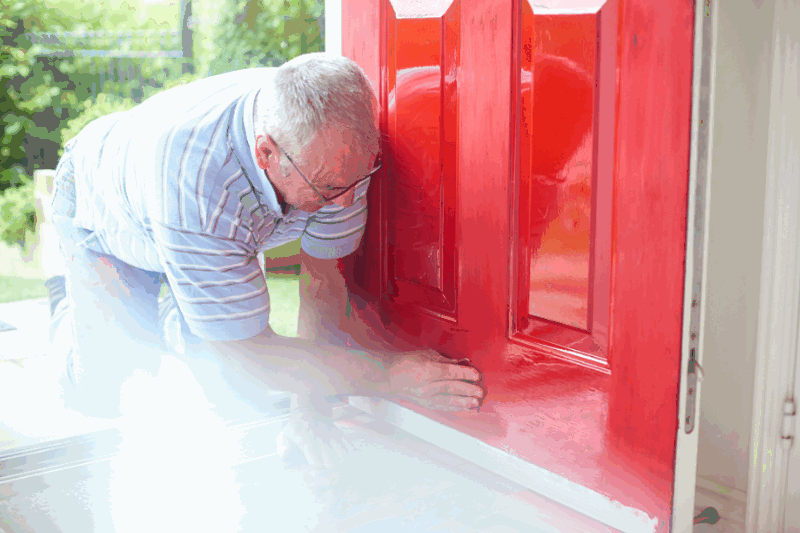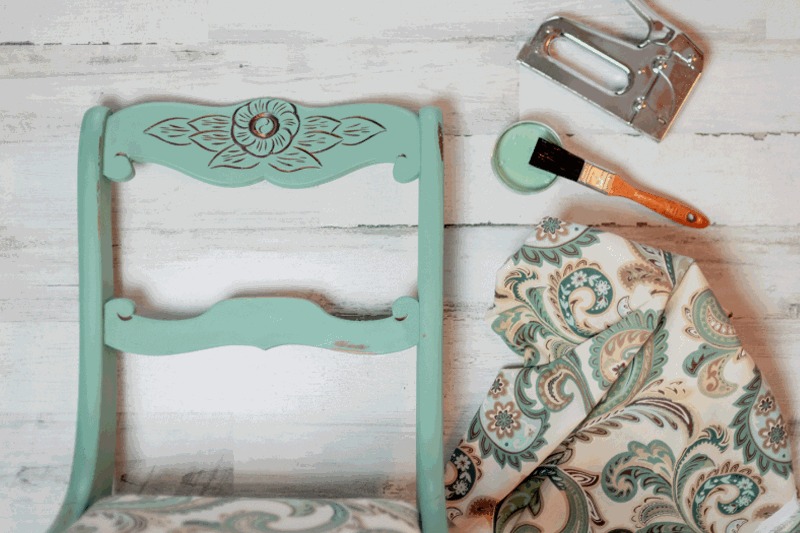For most people, they can count the times they redecorate their homes in a lifetime on one hand. It’s a shame because this is not because they don’t have great ideas about how they want their homes to be, but that the thought of redecorating brings the following obstacles to mind:
Where to put up if I am renovating?
I have accumulated a lot of furniture and household items, how in the world can we integrate them with this ultra-modern design I am interested in?
We have spent all that money doing up the place when we moved in and now we have to do away with it? What a waste.
It’s one big financial outlay!
But our tastes change, and moods change over time. New notions inspire us even after we completed our renovations. Is there a way to invest in our homes in a flexible, relaxing, and manageable way? To be able to afford stylish home transformations year after year?
Yes! This does call for a whole new way of looking at home renovations, not as a singular large-scale undertaking but as modular projects that keep the design process fluid and fun.
Modular transformations: Where to start?
Amazing transformations can be achieved by changing color and texture around the house with a new coat of paint, new fabrics, or overlays. A homeowner is taken by the Asian resort-style on a holiday trip to Bali wanted to give his home that same feel in his home. What he did was to overlay wooden decking in a strategic section of his living room, added indoor landscaping, and enhanced his lighting. The solution was effective and relatively cheap.
To be able to enjoy many years of such surface transformations at a whim without major hacking and construction work, you will need good planning at the start. A good home design is all about form and structure, storage planning, and circulation of movement. These are important decisions that homeowners need to make and should not be based on preferences for style as these change over time, but on lifestyle, family timetables, day-to-day habits, and future household needs.
Good planning that takes these human factors into account will ensure that no matter how often you choose to make transformations in your home or how radical the style, it doesn’t throw your lifestyle out of whack by negatively impacting critical spaces, creating odd corners, and circulation of movement. This home improvement blueprint can also guide you in making those big-ticket furniture purchases and lessen the urge for impulsive imprudent buys.
With a good understanding of the form and movement in your home as well as lifestyle needs, embarking on small-scale projects to give your home a new look and feel, be it Asian, modern classic, or gothic revival, would be fun, fulfilling, and ultimately successful.
On a more personal level, families can also use this kind of home planning exercise as a way to find out more about each other’s lifestyle needs and involve everyone in the vision of making their homes cozy, lively, and liveable.
On a more personal level, families can also use this kind of home planning exercise as a way to find out more about each other’s lifestyle needs and involve everyone in the vision of making their homes cozy, lively, and liveable.
Lighting – Endless possibilities with a small budget.
Everyone’s moods are ever-changing – sunny and bright, contemplative, dark, romantic, sultry – if only you could transform your home as often as you change your moods!
You can with the right lighting. The same room can look vastly different under different modes of illumination. A good lighting system will afford you a variety of lighting conditions, soft and warm for entertaining, bright and efficient for household chores like ironing, and focused and glare-free for reading.
If you have a small budget and big plans for your home, designing a multi-purpose lighting system may be your finest investment. Lighting not only invokes fancy, but it also helps put an attractive glow on old, uncoordinated furnishings (and don’t we all have those around the house).
Home designing and decorating can be a most frustrating yet infinitely fulfilling activity. Start with a bright attitude, a good understanding of the design process and plenty of communication between family members and you are not likely to go wrong.
Want to discuss more? Contact our remodeling consultant now.



